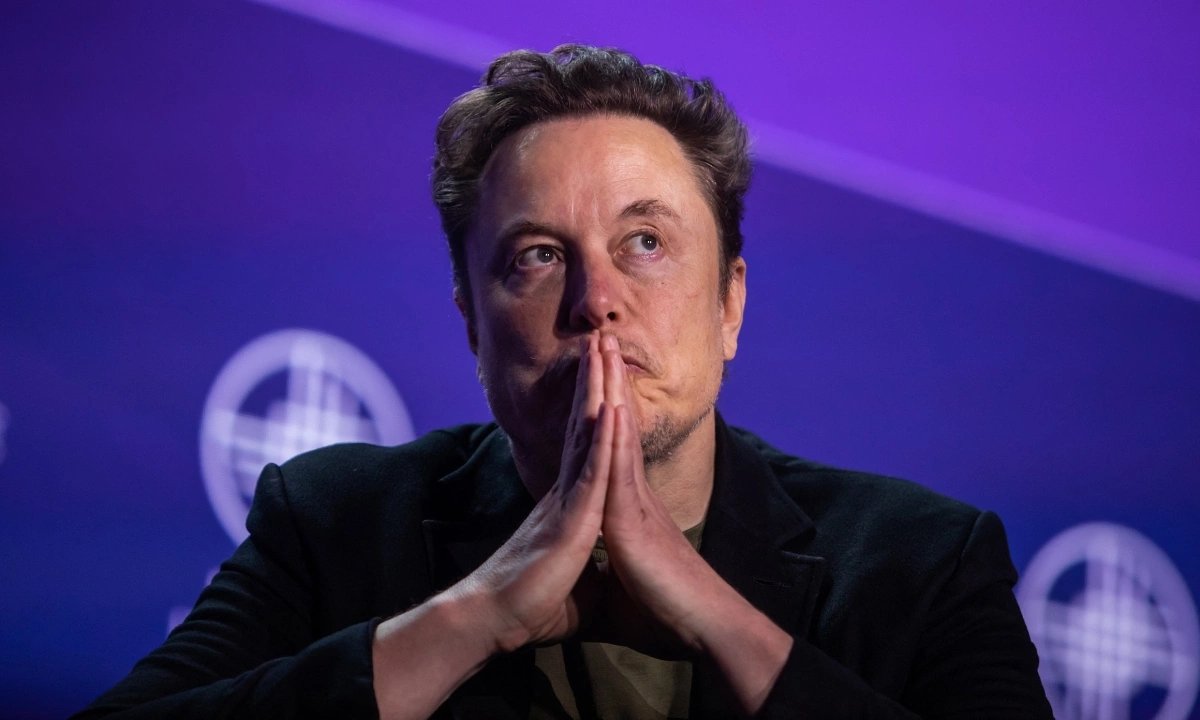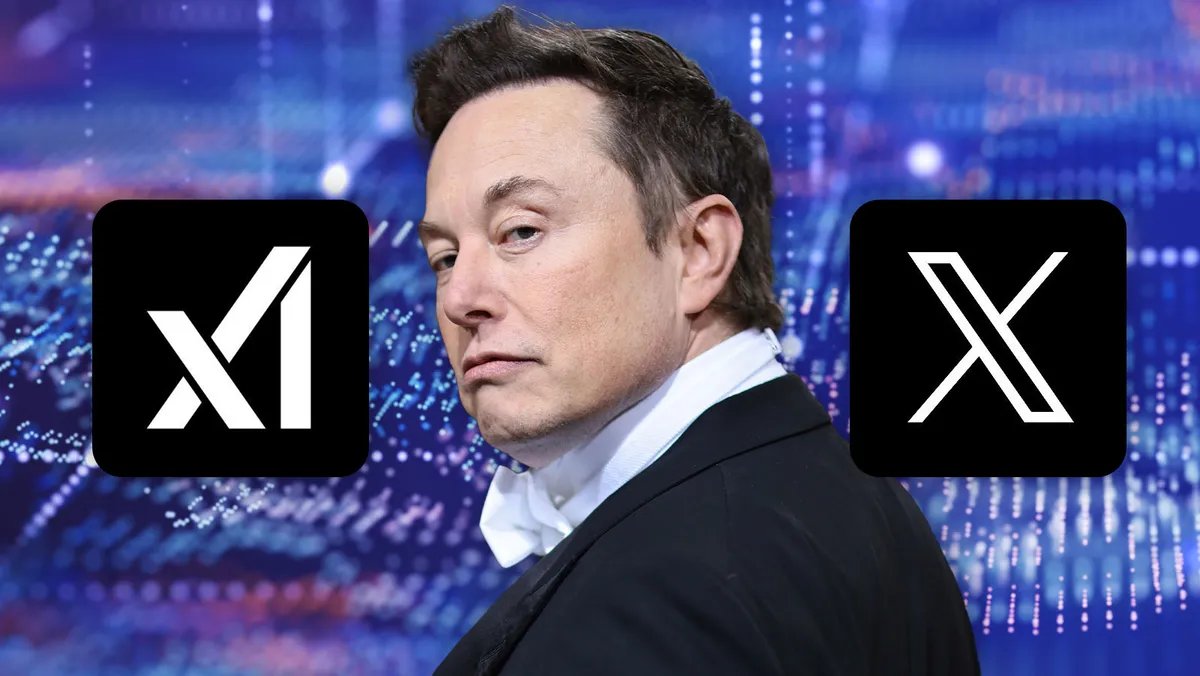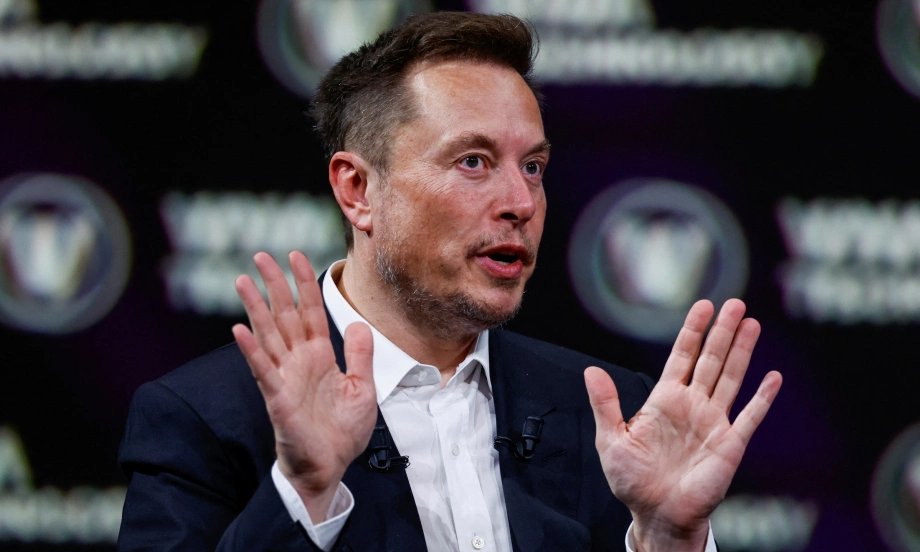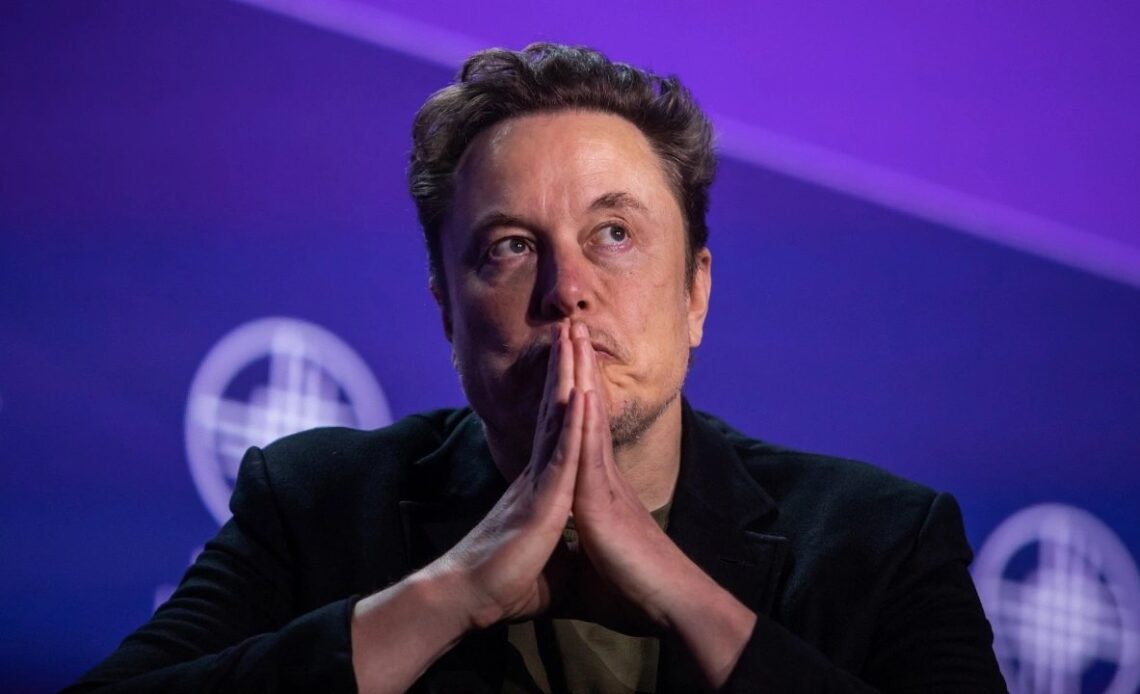In a move that has left the tech industry buzzing, OpenAI — the artificial intelligence company best known for ChatGPT — has made an unexpected leap into the social media sphere. This development, both surprising and ambitious, sets the stage for a possible showdown with Elon Musk’s X (formerly Twitter). As OpenAI ventures beyond its AI roots and into the digital realm of real-time communication, the question on everyone’s mind is clear: _Is OpenAI ready to compete with X, and what does this mean for the future of social platforms?_
**The Background: OpenAI’s Rise in the AI Landscape**

OpenAI has spent the last few years establishing itself as a trailblazer in artificial intelligence. From its early research models to the worldwide success of ChatGPT, the company has led the charge in making AI more accessible and human-friendly. With products like GPT-4 and its integrations into productivity apps, OpenAI has become a household name. Its tools are used for writing, coding, customer service, education, and more.
However, until now, OpenAI had steered clear of direct consumer-facing social media platforms — a space dominated by legacy giants like Meta (Facebook, Instagram), TikTok, and, most notably, Elon Musk’s X.
**The Shocking Move: OpenAI’s Social Network Tease**
OpenAI’s sudden shift into social networking has been met with curiosity and speculation. While full details remain limited, early indicators point toward a platform designed with AI at its core — a place where human interaction is augmented, filtered, or even enhanced by intelligent systems.
Rumors suggest this new platform may combine the essence of a microblogging site like X with the conversational depth of ChatGPT. In other words, imagine a space where every user could potentially have an AI assistant guiding, curating, or even creating posts — a hybrid of social engagement and machine intelligence.
**Is This a Direct Shot at Elon Musk’s X?**
The timing couldn’t be more intriguing. Elon Musk, who co-founded OpenAI but later parted ways due to strategic disagreements, now owns X — a platform he has radically reshaped since acquiring it in 2022. Musk’s vision for X includes AI integration, financial services, free speech policies, and decentralized control.
With OpenAI now launching its own version of a social platform, many analysts view this as a competitive — if not symbolic — counter to Musk’s dominance in digital discourse. The two companies, once linked by collaboration, may now be heading toward direct rivalry.
**What Will OpenAI’s Platform Look Like?**

Although OpenAI has not yet released a detailed roadmap, industry insiders speculate the platform may offer the following features:
– **AI-Powered Content Creation:** Posts, comments, and replies potentially generated or assisted by GPT models.
– **Smart Curation:** Feeds that adapt not just to preferences, but also to emotional tone, learning habits, and conversation style.
– **Personal AI Companions:** Each user could have a chatbot-style assistant, helping them draft posts, summarize conversations, or even moderate interactions.
– **Voice and Vision Integration:** With the company’s advancements in multimodal AI (text, images, and voice), the platform could support real-time translation, visual recognition, and more.
These innovations could redefine how users interact, creating an environment where both humans and machines collaborate to communicate.
**What Sets It Apart from X?**
X is evolving into a free speech-first platform with minimal moderation and heavy emphasis on user-driven content. Musk’s ambitions for X extend beyond social interaction — he envisions a financial and information super-app, like China’s WeChat.
OpenAI, on the other hand, appears poised to prioritize intelligent conversation, enhanced understanding, and possibly safer engagement. The contrast may lie in **X’s open chaos vs. OpenAI’s curated clarity.** One aims for maximal expression, the other for meaningful connection.
Moreover, OpenAI has already amassed millions of users through ChatGPT — users who are familiar with, and trust, its AI ecosystem. This built-in audience could give it a competitive edge when launching a new digital experience.
**The Strategic Implications for the Tech Industry**

The entrance of OpenAI into social networking isn’t just about competing with X — it signals a larger shift in how we perceive online communication. If AI can assist in — or even lead — conversations, what becomes of traditional social media?
Big Tech is watching closely. Meta’s AI assistants are already embedded in Messenger and Instagram. Google is expanding Gemini into every facet of its ecosystem. Now, OpenAI is stepping out from behind the scenes and entering the arena with a new weapon: _an AI-native social experience._
**The Personal History Between Musk and OpenAI**
It’s impossible to discuss this story without revisiting the complex relationship between Elon Musk and OpenAI. Musk was one of OpenAI’s founding donors and supporters. He envisioned a non-profit organization dedicated to AI safety and openness.
However, disagreements over direction, control, and transparency led Musk to distance himself. He later criticized OpenAI’s shift toward commercialization and filed a lawsuit accusing the company of abandoning its original mission.
Now, with both parties launching platforms that reflect their own ideals — Musk with X and OpenAI with its upcoming AI-social network — the rivalry has evolved into a philosophical battle over the future of communication itself.
**Privacy, Safety, and Ethical Concerns**
With AI entering the realm of real-time social communication, privacy and ethics take center stage. Critics are already questioning:
– How will AI-generated content be labeled?
– Can such a platform avoid misinformation and manipulation?
– What happens when bots become indistinguishable from humans?
OpenAI will need to address these concerns head-on. Transparency, user consent, and strong moderation tools will be essential to gain public trust.
**User Experience: Will People Actually Use It?**
The ultimate test for any social media platform is user engagement. Will people leave X, Instagram, or TikTok to try OpenAI’s network? Or will it become a niche space for tech-savvy early adopters?
If the platform successfully leverages ChatGPT’s capabilities while offering a genuinely new form of interaction — one that’s smarter, more empathetic, and less toxic — it could carve out a unique niche. Imagine students using it for debates, professionals for brainstorming, or creators for idea generation in real-time.
**Monetization and Business Model**

Another big question: How will OpenAI monetize the platform?
While X is heavily ad-driven and subscription-based, OpenAI might explore more creative options. These could include:
– Premium AI features or assistants
– Paywalled professional tools for influencers and businesses
– API integrations with existing apps
– Enterprise solutions for internal communication platforms
OpenAI already generates significant revenue from its AI services, meaning the social platform might not need to rely entirely on ads — a potential advantage.
**Will It Trigger a New Wave of AI-Driven Platforms?**
OpenAI’s bold move may inspire a new genre of social networks where human-machine interaction becomes the norm. Rather than simple timelines and likes, these platforms might focus on _idea generation, discussion refinement,_ and even _emotional connection._
Startups will follow. Investors will take notice. We could see everything from AI-powered dating apps to educational forums to gaming communities, all modeled on OpenAI’s blueprint.
**Conclusion: A Turning Point for Social Media**
The launch of a social media platform by OpenAI marks more than a business expansion — it’s a defining moment in the convergence of artificial intelligence and human connection. By stepping into Elon Musk’s territory, OpenAI is challenging not just a rival platform, but the very nature of how we interact online.
Whether it becomes the next big thing or a bold experiment, OpenAI’s move will reshape the conversation about what social media can be in the age of intelligent machines. And in this evolving digital landscape, one thing is certain: the future of online interaction just got a lot more interesting.
